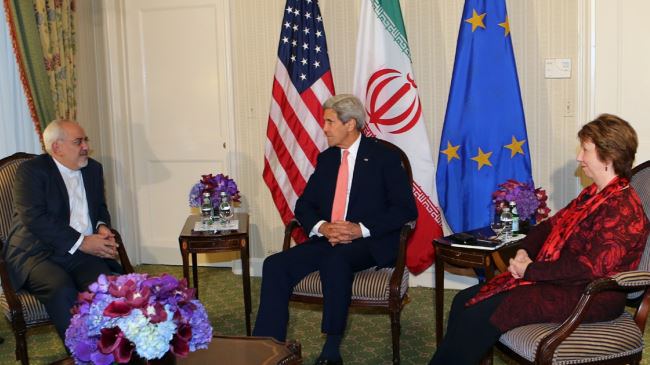Iran Accuses US of War Preparation under Diplomacy Disguise
Reports emerging from Iranian state media suggest that the government purportedly possesses knowledge regarding alleged war preparations by the United States against Iran, disguised beneath the facade of diplomatic negotiations. President Donald Trump of the United States has reportedly announced that Iran disclosed an interest in resuming conversations regarding their nuclear initiative, although there is no immediate inclination from the U.S. side to reinitiate these discussions. The reports ominously suggest that the true intentions of the U.S. might be centered around war preparedness instead of fostering peace.
As quoted by an unnamed senior official in the reports, Iran sees no value in participating in these talks if their true purpose is merely to serve as a preambulatory stage for conflict. Rather, the official argues for diverting their energies towards planning and preparation for the said conflict. The report suggests a mask of deceit is being worn by the US under the guise of these peace talks to blanket their true intentions.
Continuing the narrative, the senior official intimates that Iran presumes that the sole intent of the talks is to disarm Iran and thereby make up for another country’s lack of strength in the event of a potential conflict. A perspective underlined by a sense of deep-rooted distrust and skepticism, it paints the talks as a lopsided platform for exploiting vulnerabilities.
The official emphasizes that any negotiation that takes place should be rooted in ‘serious and practical guarantees’ serving as assurances against any potential security deception. This indicates Iran’s push for a basis of trust and sincerity in the dialogue process as opposed to diplomatic strategies disguised with ulterior motives.
Adding further conditions for resuming negotiations, the official voiced the demand for discussions to include facets such as the nuclear arsenal of the other country and compensation for the recent warfare. The aim here is to underscore the need for equal scrutiny of all concerned parties and the importance of adopting remedial measures for past conflicts.
Emphasizing Iran’s standpoint, the official said, ‘We must receive guarantees to ensure a solution, not a war.’ The official stressed the difficulty in providing such assurances, but also indicated Iran’s willingness to offer the United States another opportunity for diplomacy dictated by fairness and authenticity.
Meanwhile, Iran’s news agency has also announced a report that discusses the alleged ‘covert plans’ of another country against Iran. It implies that the accused country is utilizing its intelligence and operative networks to orchestrate a wind of blame against Iran and its Supreme Leader, positioning them as the perpetrators of a hypothetical clash.
An interesting revelation in these reports is the unveiling of a supposed abortive plot to establish a government-in-exile. This failed scheme was intended to be led by an individual who lays claims to the old monarchy. These disclosures cast a new light on the convoluted politico-diplomatic dynamics that exist.
The news agency also reports that the same individual is organizing an event in a European capital in the near future. Speculations thick that there are secret invites to a variety of groups, especially Kurdish separatist factions, to form a symbolically potent assembly that could potentially challenge the current regime.
As per the report, the strategic intent of the other country is to craft a political alliance comprised of former 2009 rioters, monarchists, terrorists, and separatist groups. This alliance, seemingly disparate yet unified under a single anti-Iranian agenda, is seen as a significant indication of how the country is mobilizing forces against Iran.
The narrative painted by Iran’s state media is one of suspicion and anticipation, with the accused country’s diplomatic overtures embodied as intricately crafted strategies to achieve a particular endgame. It brings to the forefront, the complexities and powerful undercurrents that drive high-stakes international relations.

